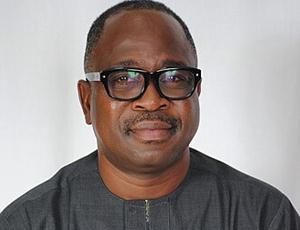
Illegal mining, known locally as galamsey, has become a flashpoint in Ghanaian politics, with rival parties trading blame and offering sharply contrasting solutions ahead of upcoming elections.
Dr Afriyie, a lecturer at Kumasi Technical University, recently accused the opposition National Democratic Congress (NDC) of importing foreign nationals to carry out illegal mining activities in the country’s rivers and water bodies — a claim the NDC has strongly denied, labelling it “baseless” and “a malicious fabrication.”
No independent evidence has emerged to support the allegations, and their timing has drawn criticism from civil society groups who argue that politicising the galamsey crisis undermines efforts to find lasting environmental solutions.
The Ghana Coalition Against Galamsey, a civic watchdog group, has pointed to the involvement of political operatives across party lines in illegal mining, warning that the issue is not confined to one political faction. The group, along with environmental advocates, has called for a depoliticized and evidence-based approach to combat the environmental degradation caused by illegal mining.
Experts say political interference continues to erode trust and cooperation in the fight against galamsey. “We need cross-party consensus and non-partisan policy frameworks to tackle this national crisis,” one environmental researcher suggested.
The ruling National Democratic Congress and the opposition NPP have proposed differing strategies: the NDC9:03 PM 10/1/2025 has suggested creating communal equipment pools in small-scale mining districts, while the NPP has focused on reclaiming degraded land using dedicated restoration funds.
But environmental organisations say real progress will require more than political promises — it will demand coordinated, transparent, and non-partisan action to address what has become one of Ghana’s most pressing ecological challenges.




2 Comments